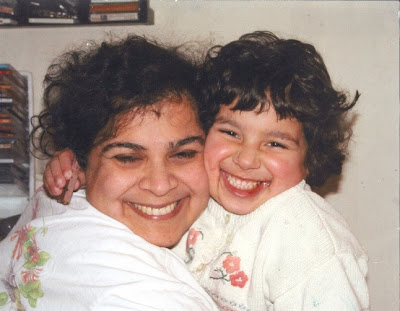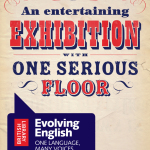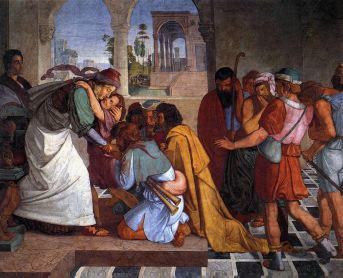The great Galilean ministry has now ended, and Jesus and his followers begin the momentous journey towards Jerusalem.
Matthew 19
Divorce
1 When Jesus had finished saying these things, he left Galilee and went into the region of Judea to the other side of the Jordan. 2 Large crowds followed him, and he healed them there.
His fame quickly spread because of his healing ministry in Galilee.
They attempted to get Jesus to incriminate himself through misinterpreting the law.
I am amazed he answered, but he did, and as in the Sermon on the Mount, his standards were more exacting than those of Moses
They asked, “Is it lawful for a man to divorce his wife for any and every reason?”
Marriage is a physical and emotional knitting, a knitting of spirits, not to casually unraveled.
People change, marriages change. Many marriages go through unhappy patches, but over time, hearts change, love grows, and one may land up not wanting to trade that once-annoying (perhaps still annoying!) spouse for the world.
Because of Christ’s release of the Holy Spirit, we need despair of no man or woman. And because divorce is generally a traumatic unravelling of what has been knit together, it should be a last resort.
Scripture does provides grounds for divorce. Violence is mentioned in Malachi.”I hate divorce,” says the Lord, “and I hate a man covering his wife with violence.”
Rather than have a life-long unhappy marriage.
The Little Children and Jesus
13 Then people brought little children to Jesus for him to place his hands on them and pray for them. But the disciples rebuked them. 14 Jesus said, “Let the little children come to me, and do not hinder them, for the kingdom of heaven belongs to such as these.” 15 When he had placed his hands on them, he went on from there.
 |
| My daughter Irene, aged 3. Notice a secret to Irene’s happiness in her fat paw: chocolate! |
The Kingdom of Heaven belongs to such as
these.
Learn to let your face show what you really feel.













